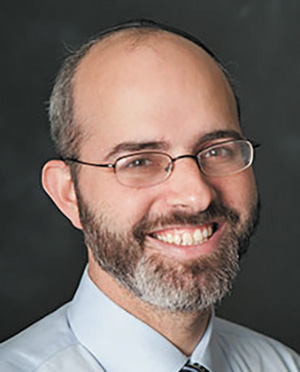
May the learning serve as a merit le’iluy nishmat Menachem Mendel ben Harav Yoel David Balk, a”h.
This week we learned Bava Metzia 24. These are some highlights.
Bava Metzia 24: Should a collector lie about the generosity of his donors?
The Gemara taught that a Torah scholar who rarely misrepresents the truth can regain a lost object with his claim that he recognizes that the item is his. He does not need to present a distinctive sign in the object. Torah scholars usually are very truthful. They deviate from the truth only in regards to mesechta, poriya and ushpiza, tractates, procreation and hosts. Such individuals are to be given a lost object when they definitively claim that they recognize that it is theirs.
Rashi explains the reasons why a Torah scholar is allowed to create misunderstandings about these topics. If a Torah scholar is asked directly if he is an expert in a tractate he is permitted to insist that he does not know it even though in truth he is proficient in it, as an expression of humility. If he is asked directly if he engaged in marital relations he may lie and say that he did not, to maintain modesty. If he is asked if his host treated him well, he may lie and say that he was not greeted warmly. Not telling others of the generosity of the host is a good attribute. If he would share how generous his host was, bad people might seek to take advantage of the man’s good heart and they might eat him out of his own home.
Tosafot (s.v. Be’ushpiza) quoted the lesson of Rashi but then modified it. Rashi had taught that the scholar is encouraged to represent his host as a tough man so as to discourage the parasitical people from taking advantage. This is an expression of a lesson in tractate Arachin (16a). It was taught there that “one who loudly blesses his friend early in the morning, in the evening it will be considered a curse for him.” Through loudly complimenting his host, he causes financial loss to the good man. Tosafot challenged this from a Gemara in Berachot (58a). The Gemara there taught that a good guest says, “All that my host did he did for me.” If a guest is not supposed to tell others about the goodness of his benefactor, why did the Gemara there say that a good guest loudly compliments his host?
Tosafot answers that the rules are contingent. When speaking with parasitical people, one should not tell them of the goodness of the host. However, when speaking to upright, sensitive and ethical people one should tell them about the generosity of the host. The Gemara in Berachot was dealing with a person who was talking to kind people. They would never take advantage. The right thing to do would be to tell them that “all my host did he did for me.”
Rav Moshe Feinstein (Yoreh Deiah Chelek Gimel Siman 95) was asked if a charity collector could tell others about his generous donors. Could a poor man who received a large donation from Reuven tell another poor man that Reuven had given him a large amount?
Based on Tosafot, Rav Moshe allowed the collector to tell other collectors about his donors. Tosafot teach that the Torah scholar would only hide the generosity of the host from people who are bad and likely to leech from the host. However, among upright people the guest should share compliments about the host. Therefore, a collector could tell other charity collectors, who were upright, about the generosity of certain individuals. Doing so would not harm the givers. If they would be solicited they would gain the chance to give more tzedakah. It is a favor to help people give charity. If they could not afford to give more charity, they could always refuse to give. There is nothing shameful or embarrassing about telling a solicitor that you do not have the ability to give him a large donation as you gave to someone else. Since it is permitted for the collector to share donor data with others, a philanthropist should never be upset if the details of his donation to one cause became known to a different charity. (Mesivta)
By Rabbi Zev Reichman
Rabbi Reichman teaches the Daf at East Hill Synagogue in Englewood.










